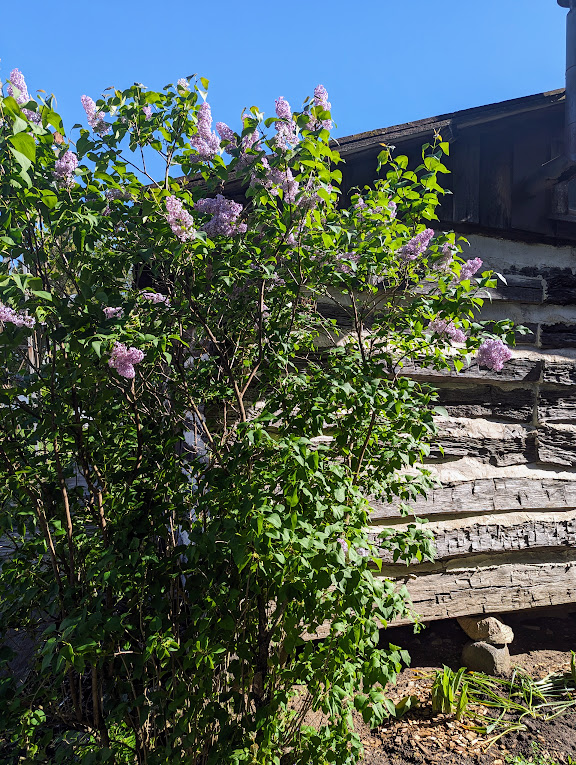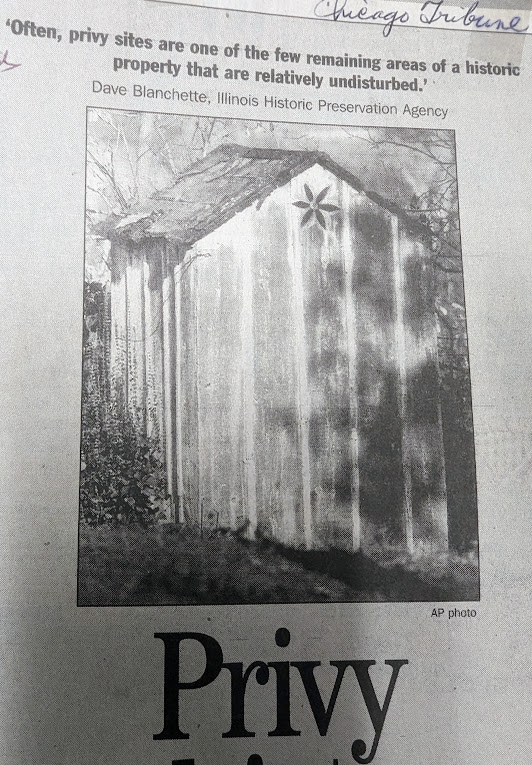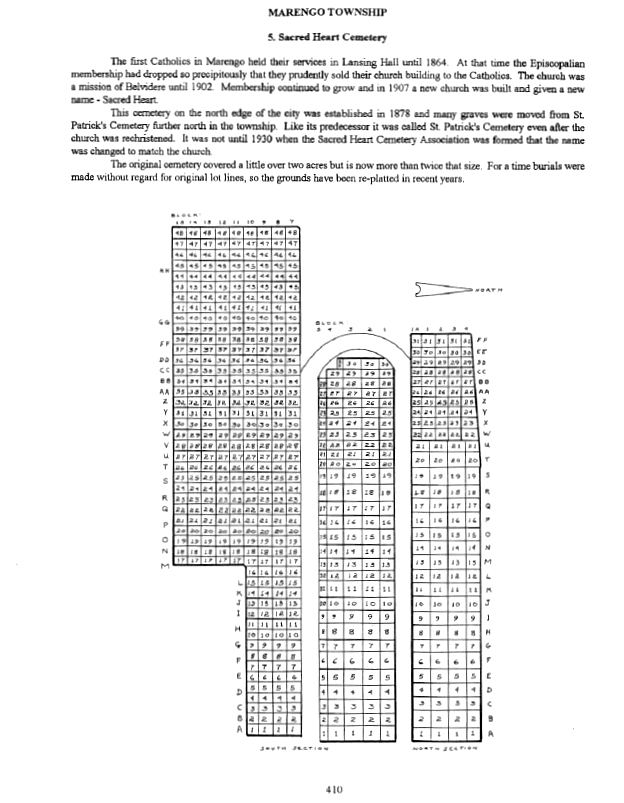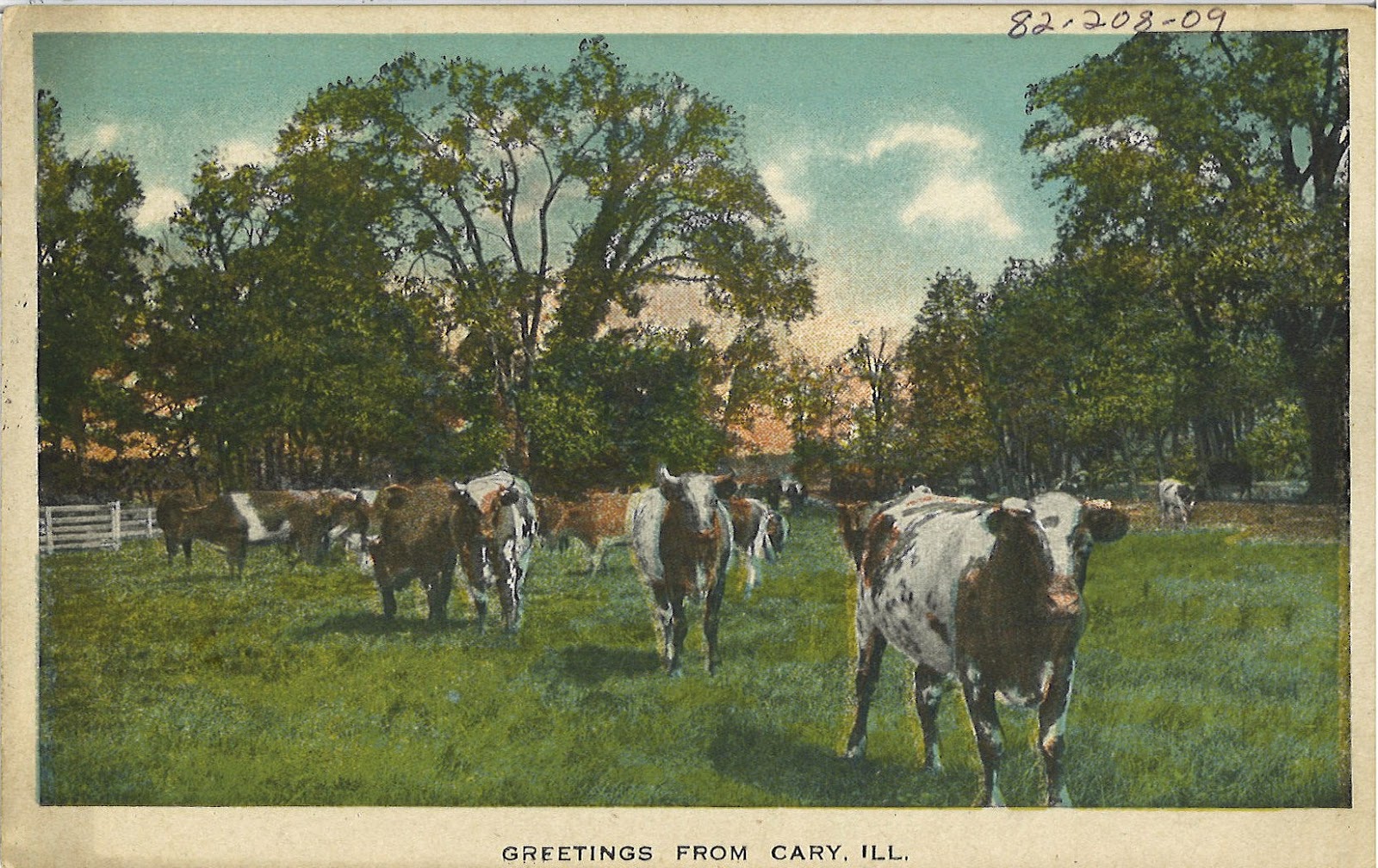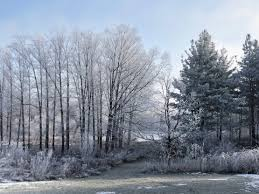Heritage is a word we often hear, but what does it mean? In simple terms, heritage is all about what we inherit from the past and pass on to future generations. It includes traditions, values, memories, and physical objects that tell our story. At the McHenry County Historical Society & Museum, we take pride in housing and preserving thousands of heritage items. But heritage isn't just about physical things—it's also about the memories and experiences that shape us.
What Heritage Means to Me
When I think about heritage, I imagine the family traditions, stories, and cherished objects handed down to me. It’s the love for learning my parents instilled in me, the family traditions I hold dear, and the personal items that tell my story. I want to pass on these traditions, memories, and treasured items like family photos, diaries, and mementos.
The Importance of Physical Objects
Our museum’s collection contains physical items like diaries, letters, maps, blueprints, paintings, photos, clothing, and furniture. These objects give us a tangible connection to the past. Here are a few examples:
- Military memorabilia: Uniforms, medals, and letters from service members tell stories of bravery and sacrifice.
- Family heirlooms: Jewelry, furniture, and photographs passed down through generations keep family history alive.
- Personal items: The laptop and notes used to write a novel, a blanket your kids made with photos of your pets, or a well-worn leather jacket.
The Shift to Digital Heritage
Today, more and more of our memories are stored digitally—in online photo albums, eBooks, and digital folders. While digital storage is convenient, it also brings challenges:
- Longevity: Digital files can become obsolete as technology changes. We need to keep updating and preserving them to ensure their longevity.
- Security: With passwords, usernames, and PINs, we protect our digital privacy. But this can make accessing our digital heritage hard for future generations.
- Tangible vs. Intangible: Physical objects often hold more emotional weight. A scrapbook, for example, might feel more personal than a digital photo album.
How to Preserve Our Heritage
To make sure our heritage lives on, we need to take some steps:
- Document: Keep a record of your digital files, including passwords and access information, in a secure but accessible place.
- Preserve: Regularly back up your digital files and update them to keep up with technology changes.
- Share: Talk to your loved ones about the importance of your heritage items, both physical and digital, and make sure they understand their value.
- Combine: Find a balance between physical and digital preservation. Print important photos and store them in an album while keeping digital backups.
Conclusion
Heritage is vital to who we are and what we leave behind. As we celebrate this month of independence and American heritage, let’s all try to preserve our stories, values, and memories. At the McHenry County Historical Society & Museum, we’re dedicated to preserving our community’s heritage. We invite you to join us in this mission, ensuring that the things we cherish today are passed on to future generations.
So, take a moment to think about your own heritage. What do you want to pass on? How can you ensure that your memories and stories aren’t lost? Let’s work together to keep our heritage alive and thriving.










